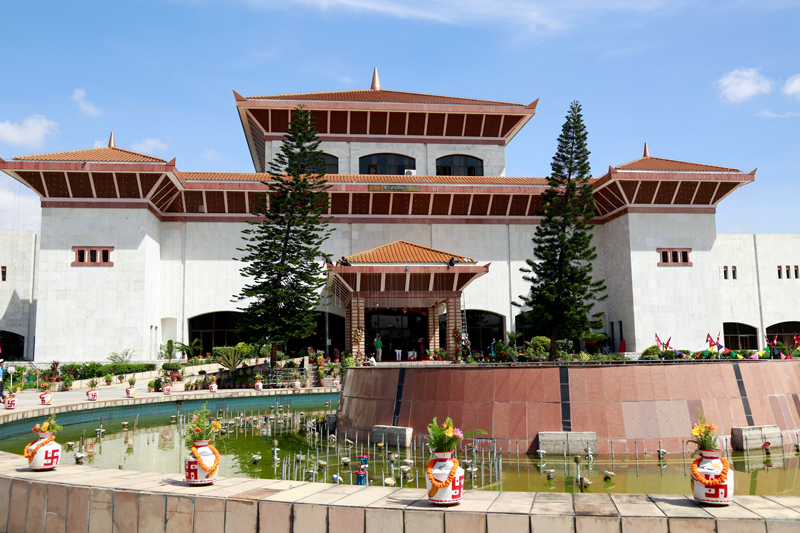No statute of limitations on criminal cases: House panel
Kathmandu, March 23
The issue as to whether criminal cases lodged during the conflict have to be settled within 20 years has been resolved by the Law, Justice and Human Rights Committee, which said that there was no statute of limitations for settling criminal cases.
The Parliamentary panel cited the case of notorious French criminal Charles Sobhraj, who earned the nickname of bikini killer who was convicted in a murder case 34 years after he committed the crime in Kathmandu. “Sobhraj case is a clear precedent that shows that cases filed during Maoist insurgency (1996 to 2006) can be settled even after 20 years from the date the FIRs were filed,” Krishna Bhakta Pokharel, chair of Law, Justice, and
Human Rights Committee of the Parliament told The Himalayan Times.
He said the penal code’s provision that a criminal case should be adjudicated within 20 years was going to be obsolete due to Sobhraj case. “Criminal cases lodged during Maoist insurgency can be adjudicated even 20 years after those cases were filed,” he argued.
Pokharel said his committee was preparing to order the government to come up with an amendment to the penal code but since it read the verdict of the Sobhraj case, it came to the conclusion that the issue had already been settled and the committee did not need to order anything to the government.
The issue was raised on Friday at the Parliamentary panel by Nepal Communist Party (NCP) Chief Whip DevGurung. He told the panel that it should find a solution to this issue as courts and police offices were looking into war era cases. “War era crimes are political cases. These issues should not be settled through regular courts, so the committee should come up with a proper solution,” he added.
Gurung said two transitional justice mechanisms should look into war era crimes and not regular cases. He also said that the conflict-era cases should be resolved through consensus.
Two transitional justice mechanisms — Truth and Reconciliation Commission and the Commission for Investigation of Enforced Disappeared Persons — are investigating complaints lodged by conflict victims. Recently, the government has extended the tenure of these bodies. More than 60,000 complaints have been registered by the victims at the two transitional justice bodies.






